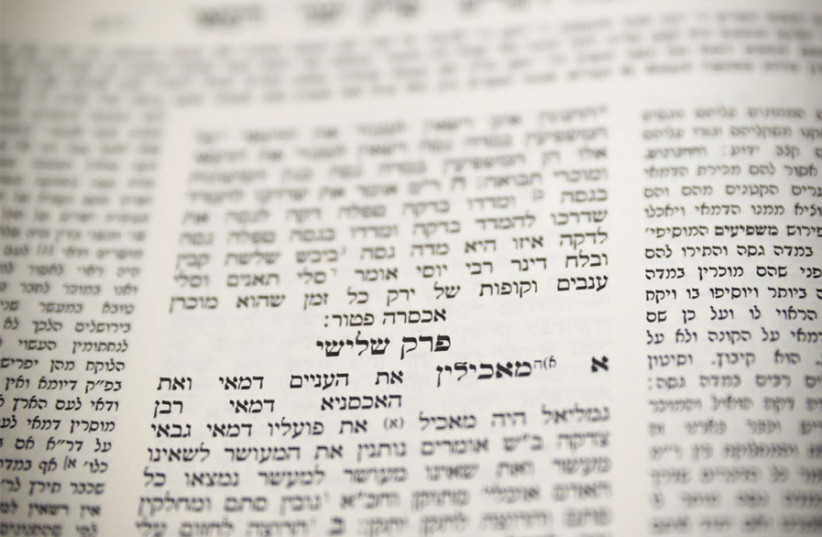This Shabbat, we start reading Bamidbar, the Book of Numbers, also called Humash Pekudim, the book of counting, for the two censuses described at the beginning and toward the end of the book.
The first census took place a year after the Jewish nation’s exodus from Egypt. The second took place during the nation’s final year in the desert, when it camped east of the Jordan River before entering the Land of Israel. Thus, the book encompasses about 38 years during which our ancestors wandered in the desert on their long way to the Promised Land.
The first census, which we read about this Shabbat, was of the entire nation and its 12 tribes. Afterward, there was a separate count of the tribe of Levi – the tribe entrusted with the various tasks in the Temple. But before the tribe of Levi was counted, there was a count of the sons of Aaron, those entrusted with the service of the priesthood.
What is particularly interesting in the mini-census done of the sons of Aaron is its title: “These are the descendants of Aaron and Moses.... These are the names of the sons of Aaron....” (Numbers 3:1-2). When the Torah is about to list the sons of Aaron, it prefaces this with “These are the descendants of Aaron and Moses” – despite the fact that these are Aaron’s sons! Moses’s sons were not counted with the kohanim, but only afterward with the members of the tribe of Levi. Why, then, does the Torah write “the descendants of Aaron and Moses?”
Many commentators have focused on this. The Talmud brings us the words of Rabbi Jonathan, a sage from the Land of Israel in the 3rd century, regarding the difficulty of interpreting this. He said as follows:

“Anyone who teaches someone else’s son Torah is considered as though he gave birth to him... to teach you: Aaron fathered them, but Moses taught them; therefore they are called his sons” (Sanhedrin 19).
“Anyone who teaches someone else’s son Torah is considered as though he gave birth to him... to teach you: Aaron fathered them, but Moses taught them; therefore they are called his sons.”
Sanhedrin 19
This very strong statement, that “anyone who teaches someone else’s son Torah is considered as though he gave birth to him,” contains two truths, two fundamental principles, that have guided the Jewish nation for thousands of years.
The first: Quality of life is enormously important. A person who lives a spiritual and moral life lives an entirely different kind of life. This is not a life that is slightly different, but is a completely different kind of life.
The second principle is that when a person learns Torah and moves forward in his own spiritual quality of life, he experiences a sort of “rebirth.” Whoever has experienced deep Torah learning is not the same as he was before.
The father-son bond between teacher and student
When an outstanding teacher is privileged to have a devoted student, a father-son relationship is formed. The teacher creates his student’s spiritual quality of life through the Torah he teaches him. This understanding calls upon us parents to recognize the important contribution teachers make to our children.
When we send a child to school, we give the teacher the privilege to be a partner in the child’s spiritual parenthood. The teacher is our partner in educating the child, and like us, the parents, he contributes values, opinions and a way of life.
Acknowledgment of the teacher’s important contribution obligates us also to choose the correct teacher. Parents for whom Jewish tradition is important, who aspire that their children will continue the long chain of dedication to Jewish values, must ascertain that the school in which their children study shares these values.
The responsibility is on us, as parents, to find the teacher who will be a true partner in educating our children so they will merit the spiritual quality of life that Judaism affords. ■
The writer is rabbi of the Western Wall and holy sites.
